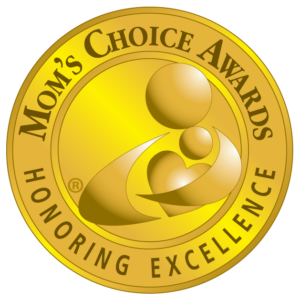
Published on:
Caregiving consultant and healthcare keynote speaker Dr. Aaron Blight takes time to post topics and answer questions on Quora about caregiving organizational development, senior care, healthcare consulting, and many other topics. In this month’s post, we highlight his recent question regarding how employers can support employees who are caregivers.
Employees who are family caregivers find themselves asking this question: which comes first, my job or my family?
The Dilemma
“Checklist care” is faster and easier to provide because it focuses on the physical needs of the care receiver.
Caregiving has the potential to tip the scales of balance that conscientious people strive to achieve in doing good, both at work and at home. Family caregivers go about their daily lives knowing that at any particular moment, they may have to drop what they are doing to attend to the needs of their loved one.
Your family is important. Your job is important. Family and work should not be mutually exclusive, but sometimes, for caregivers, they are. Or at least it seems like they are.
The Family Caregiving Alliance (FCA) has gathered some statistics about caregivers who work. Here are a few of the highlights from the linked page:
- 70% of working caregivers suffer work-related difficulties due to their dual roles.
- Many caregivers feel they have no choice about taking on caregiving responsibilities (49%). This sense of obligation is even higher in caregivers that provide 21 or more hours of care per week (59%) and live-in caregivers (64%).
- 60% of caregivers in 2015 were employed at one point while also caregiving.
- Only 56% of caregivers report that their work supervisor is aware of their caregiving responsibilities.
Employees bring their “whole selves” to work. As much as an employer might want to tell an employee to keep personal problems at home, it’s never quite that easy, especially for family caregivers. While at work, family caregivers may become distracted or preoccupied with their loved one’s needs; they may show signs of depression or moodiness; or their actual work performance may be affected. In turn, employers are confronted with lost productivity and potential performance management issues.
The Path Ahead
Employers need to understand these caregiving challenges. It has become a business necessity. Our aging population signals that there will be an ever-increasing number of employed family caregivers for the foreseeable future.
Employers need to do better helping employees who are serving as family caregivers. According to the FCA, approximately one-quarter or less of the caregivers surveyed stated that they have access to employer-sponsored support (e.g. support group discussions, ask-a-nurse type services, financial or legal consultation, and assisted living counselors).
What can employers do? They can take steps to ensure that work and family caregiving are not mutually exclusive ideals. Here are some suggestions:
- create policies that permit accommodations for employees who are family caregivers, such as flextime and flexplace.
- make counseling services available to employees who juggle family caregiving responsibilities.
- start a caregiver support group for employees.
- establish pathways to professional services that meet the needs of employed caregivers, including home care, assisted living, legal and financial help, and/or geriatric medicine.
- facilitate training opportunities for employees to develop their capacity to care for aging and disabled loved ones.
- educate managers on caregiver discrimination (strong word, I know) so that employees are not presumed to be less committed to work simply because they care for a loved one in need at home.
We hear lots of discussion about equal employment opportunity and fostering supportive workplace environments for people of all races, genders, and ethnic backgrounds. Family caregivers come from all backgrounds, but in the dialogue about supportive workplaces, the needs of this growing segment of the workforce are often overlooked. It’s time for bosses, employers, and governments to take a hard look at the plight of the employed family caregiver.
Posted in Caregiver Workforce Consulting, Caregiving, Family Caregiving, Organizational Caregiving





